Slideshow: A Visual Guide to Autism


What Is Autism?
Autism, Asperger's, and other similar disorders used to be separate diagnoses, but now all fall under the broader term Autism Spectrum Disorder, which some people still refer to as Autism. It is a brain disorder that limits a person's ability to communicate and relate to other people. It first appears in young children, who fall along a spectrum from mild to severe. Some people can navigate their world, some have exceptional abilities, while others struggle to speak. ASDs affect about one child in 59, striking nearly four times as many boys as girls.

Signs of Autism
Before a child turns three, careful observers can see signs of autism. Some children develop normally until 18-24 months old and then stop or lose skills. Signs of an ASD can include:
- Repeated motions (rocking or spinning)
- Avoiding eye contact or physical touch
- Delays in learning to talk
- Repeating words or phrases (echolalia)
- Getting upset by minor changes
It's important to note that these signs can occur in children without ASDs, too.

Early Signs: First Year
Even young infants are very social, so it’s possible to detect signs of autism in how babies interact with their world. At this age, a child with an ASD may:
- Not turn to a mother’s voice
- Not respond to their own name
- Not look people in the eye
- Have no babbling or pointing by age one
- Not smile or respond to social cues from others
Babies who do not have autism can have these behaviors, too, but it's best to contact your doctor right away with any concerns.

Early Signs: Year Two
The signs of autism are more noticeable in a child’s second year. While other children are forming their first words and pointing to things they want, a child with autism remains detached. Signs of autism include:
- No single words by 16 months
- No pretend games by 18 months
- No two-word phrases by age 2
- Loss of language skills
- No interest when adults point out objects, such as a plane flying overhead

Other Signs and Symptoms
People with autism sometimes may have physical symptoms, including digestive problems such as constipation and sleep problems. Children may have poor coordination of the large muscles used for running and climbing, or the smaller muscles of the hand. About a third of people with autism also have seizures.
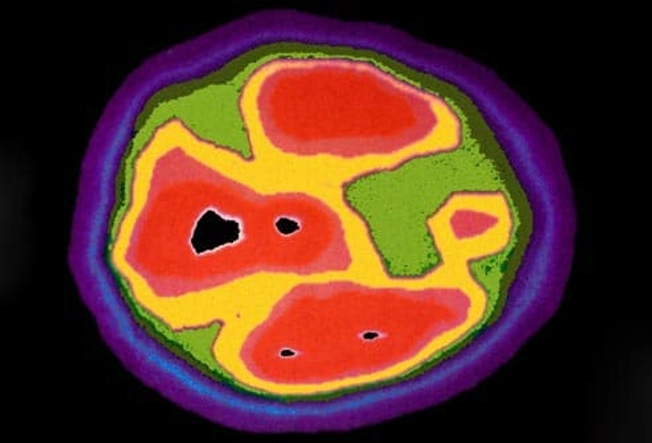
How Does Autism Affect the Brain?
Autism affects parts of the brain that control emotions, communication, and body movements. By the toddler years, some children with ASDs have unusually large heads and brains -- which may be because of problems with brain growth. Abnormal genes, passed down through a family, have been linked to poor functions in some parts of the brain. Researchers hope to find a way to diagnose autism through brain scans.

Early Screening for Autism
Many children aren’t diagnosed with an autism disorder until preschool or even kindergarten, and may miss getting the help they need in the early years. That's why guidelines call for screening all children at nine months old for delays in basic skills. Special ASD checkups are needed at:
- 18 months
- 24 months
- As needed for children with worrisome behaviors or a family history of autism

Diagnosis: Speech Problems
At regular checkups, the doctor will check how your baby responds to your voice, smile, or other expressions. Are they cooing or babbling? Problems or delays in speech call for a visit to a speech therapist. A hearing test may be needed, too. Most children with autism will eventually speak, but they do so later than others. Making conversation may be especially tough. Children with ASDs also may speak in a sing-song or robotic way.

Diagnosis: Poor Social Skills
Trouble relating to other people is an important marker of an autism spectrum disorder. A psychologist with special training can help identify social problems as early as possible. Children may avoid looking people in the eye, including their parents. They may focus intently on an object, while ignoring others around them for long periods of time. They may not use gestures, body posture, or facial expressions to communicate.
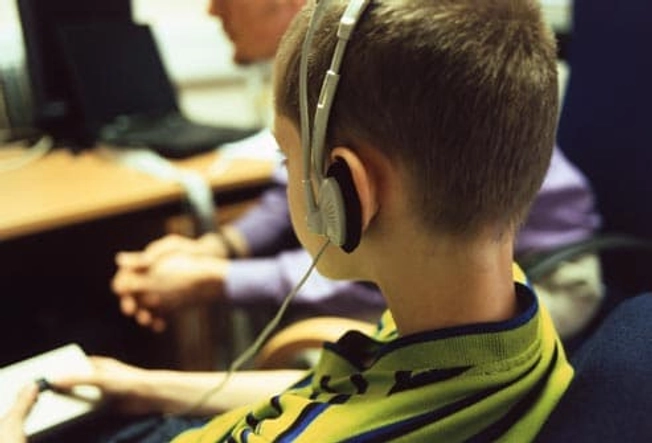
Diagnosis: Evaluation
There's no medical test for autism, but exams may be helpful to rule out hearing loss, speech difficulties, lead poisoning, or developmental problems not related to autism. Parents may need to answer a list of questions -- called a screening tool -- to assess a child's behavior and communication skills. Getting treatment early, ideally before age three, can greatly improve a child's development.

Asperger’s Syndrome
People with Asperger’s Syndrome, which is now classified as an autism spectrum disorder, do not have low intelligence or language problems. In fact, they may have advanced verbal skills. But they can be socially awkward and have trouble understanding nonverbal cues, such as facial expressions. They may focus intensely on one topic that interests them but have trouble making friends or relating to people.
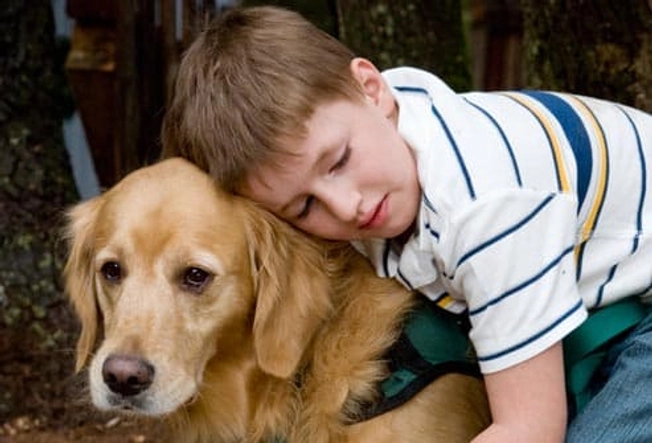
Treatment: Behavior Programs
Behavioral therapies are widely used to help children with ASDs learn to talk and communicate, develop physically, and deal with other people more effectively. Step by step, these intensive programs -- called Applied Behavior Analysis (ABA) -- encourage positive actions and discourage negative behaviors. Another approach, called Floortime, works on emotions and social skills. The TEACCH program uses picture cards and other visual cues.
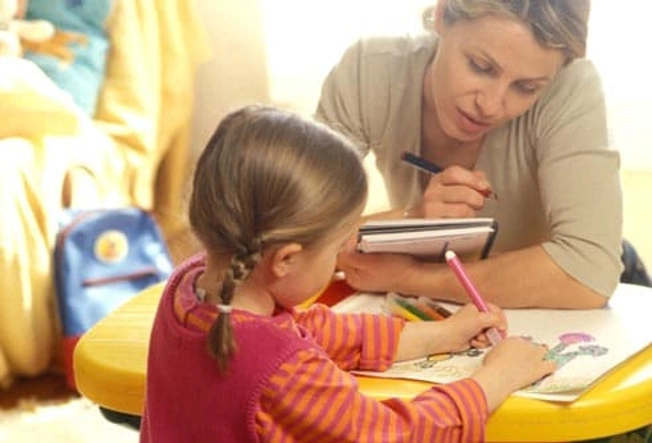
Treatment: Education
Local school systems may provide special services to help a child with autism learn and develop. This can include speech therapy and occupational therapy. Schools are required to develop an Individualized Education Program (IEP) for each child. Children with autism may qualify for early intervention or extended school year services. If you are concerned about your child, be an advocate and ask the school to develop an IEP.
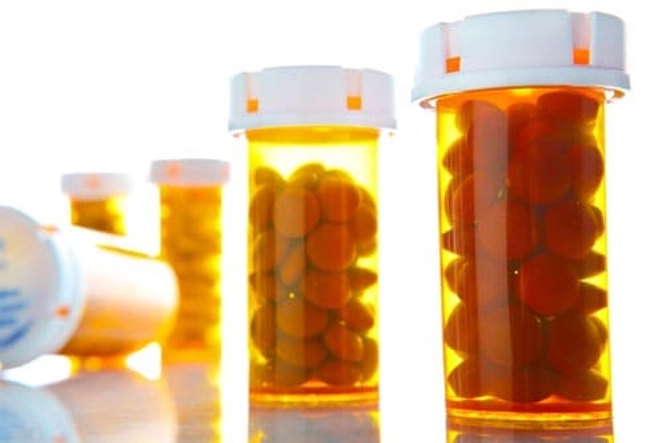
Treatment: Medication
There's no medical treatment for autism itself, but medicine may help with some symptoms. Anti-psychotic medicines may be given for serious behavior problems. One drug in this category, risperidone (Risperdal), has FDA approval to help with aggression, self-injury, and tantrums in autistic children. And aripiprazole (Abilify) is indicated by the FDA for irritability in people with autism. If seizures are an issue, an anti-convulsant drug may help. Drugs that treat depression are sometimes prescribed. A child’s response to medications should be closely monitored.

Treatment: Sensory Processing
Children with autism may be extremely sensitive to sounds, touch, taste, sights, or smells – similar to a condition known as sensory processing disorder. For example, they may be upset by bright flashing lights or a school bell. A small study by Temple University researchers found that helping children adjust to different sensations led to fewer autistic mannerisms and better behavior.

Autism and Assistive Technology
Even nonverbal children can talk with new devices that are designed to convert pictures or text to spoken words. The technology includes pocket-sized devices and "apps" for smart phones or computer tablets. Autism Speaks, an advocacy organization, maintains a list of resources for families.

Autism and Diet
Digestive problems are common in children with autism, and about 30% of them may eat nonfood items such as dirt or paper. Some parents have tried a diet free of gluten (found in wheat) and casein (a milk protein). Other diet changes, including the supplements B6 and magnesium, have been used. So far, there's not enough evidence to show that any diet plan works. A doctor should supervise trial diets to ensure good nutrition.

Unorthodox Treatments
The internet is full of unusual treatments for autism offered to desperate parents. To learn if a treatment is safe and effective, first check with your child's health care team. The Autism Society of America has a good list of questions parents can ask providers of new or unorthodox treatments. Some can be dangerous, including chelation therapy.

What Causes Autism?
Scientists don't know the exact cause of autism, but since it runs in families, genes probably play a role. Research is under way to see whether chemicals in the environment or infections before birth are to blame. Autism is more common among people with other genetic disorders, such as Fragile X and tuberous sclerosis. Taking valproic acid or thalidomide during pregnancy increases the child's risk for an ASD.
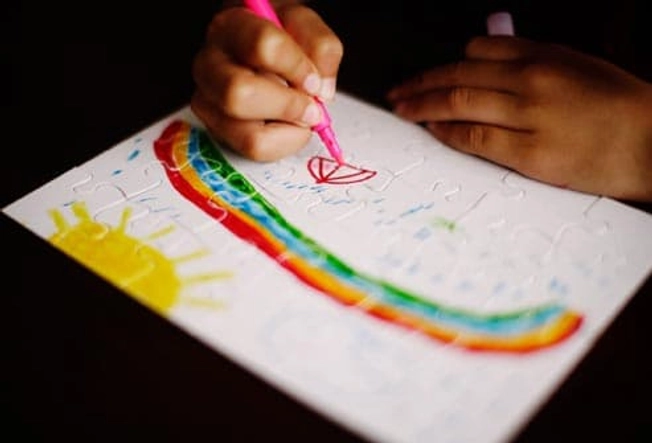
Vaccines Don't Cause Autism
No link has been found between vaccines and autism, despite many scientific studies. Researchers have scrutinized the measles, mumps, and rubella vaccine (MMR) since a 1998 British report raised concerns. That report has been retracted by the Lancet medical journal for poor science and fraud. Thimerosol, a form of mercury, was removed from childhood vaccines in 2001 as a precaution -- though no good evidence ever linked it to autism.

Autism Among Siblings
People who have one child with autism have a 19% chance that another child will have it, too, according to one study. If two children have autism, the risk is even higher for a third sibling. A study of twins found that when one fraternal male twin has autism, there's a 31% chance that the other twin will have it, too. When autism affects a boy with an identical twin, there's a 77% chance that both boys will have an ASD.

Accommodation in School
Federal law gives children with disabilities the right to a “free and appropriate education,” beginning at age 3. This could include one-on-one services or parent training. Your child may get an aide in the classroom or an assistive device. Placement will depend on the child’s individual needs, whether that calls for being "mainstreamed" in a general classroom, a special education classroom, a special school, or even home instruction.

Living With Autism
People with high-functioning autism or Asperger’s Syndrome are often able to attend college and hold down a job. AHEADD (Achieving in Higher Education with Autism/Developmental Disabilities) supports autistic college students with their social and academic needs. For people with below-average intellectual ability -- about 40% of those with ASDs -- group homes and special job training may help them to live independently.